If there's only one nation in the sky, shouldn't all passports be valid for it?
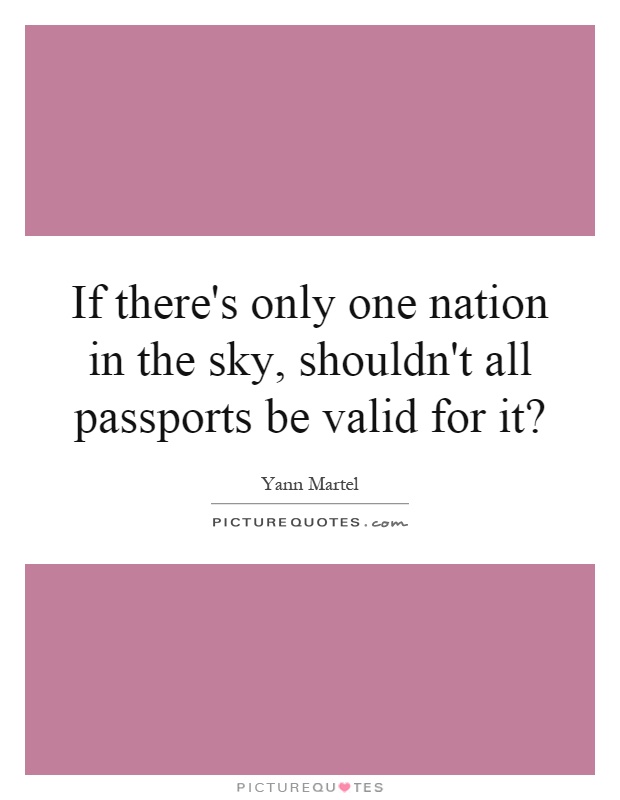
If there's only one nation in the sky, shouldn't all passports be valid for it?
Yann Martel, the acclaimed author of "Life of Pi," is known for his thought-provoking and philosophical explorations of human nature, spirituality, and the meaning of life. In his works, Martel often challenges conventional beliefs and invites readers to question their assumptions about the world around them. One such question that Martel poses in his writing is the idea of a single nation in the sky and the implications this would have for the validity of passports.The concept of a single nation in the sky is a fascinating one, as it suggests a world where borders and boundaries are no longer relevant. In such a world, the idea of passports and citizenship would become obsolete, as there would be no need to distinguish between different nations or territories. Instead, all individuals would be considered citizens of this single nation in the sky, united by a common humanity and shared experience.
Martel's question about the validity of passports in this context raises important issues about identity, belonging, and the nature of citizenship. In a world where all passports are valid for a single nation in the sky, what would this mean for our sense of national identity and allegiance? Would we still feel a connection to our own countries and cultures, or would we be more inclined to see ourselves as part of a larger global community?
Furthermore, the idea of a single nation in the sky challenges us to reconsider the ways in which we define and categorize ourselves and others. In a world without borders, would we still be defined by our nationality, ethnicity, or religion, or would we be forced to confront the fundamental similarities that unite us as human beings?
Ultimately, Martel's question about the validity of passports in the context of a single nation in the sky serves as a powerful reminder of the interconnectedness of all people and the importance of transcending artificial divisions in order to embrace our common humanity. It challenges us to imagine a world where unity and cooperation prevail over division and conflict, and where the concept of citizenship extends beyond national boundaries to encompass the entire human race.

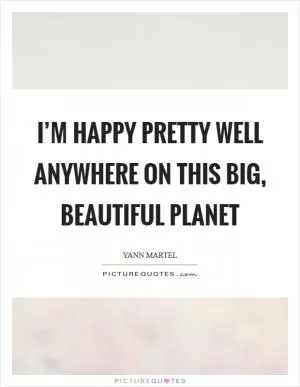
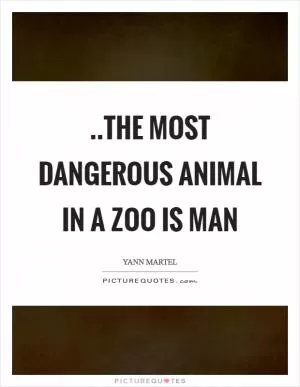
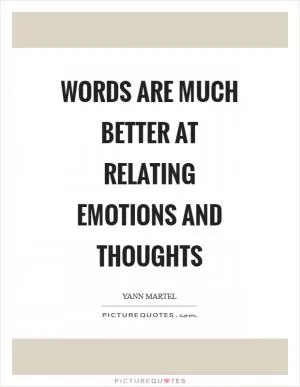


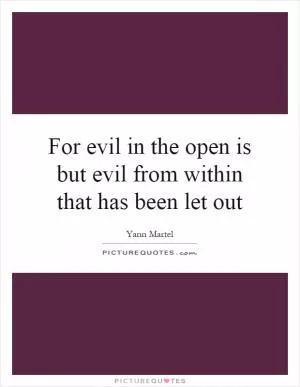


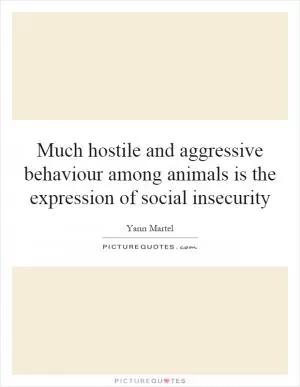
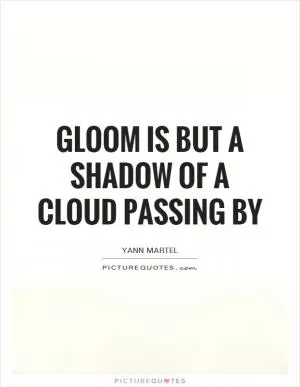

 Friendship Quotes
Friendship Quotes Love Quotes
Love Quotes Life Quotes
Life Quotes Funny Quotes
Funny Quotes Motivational Quotes
Motivational Quotes Inspirational Quotes
Inspirational Quotes